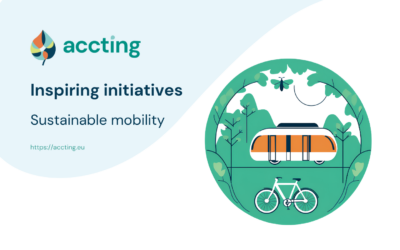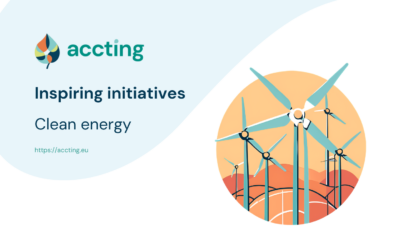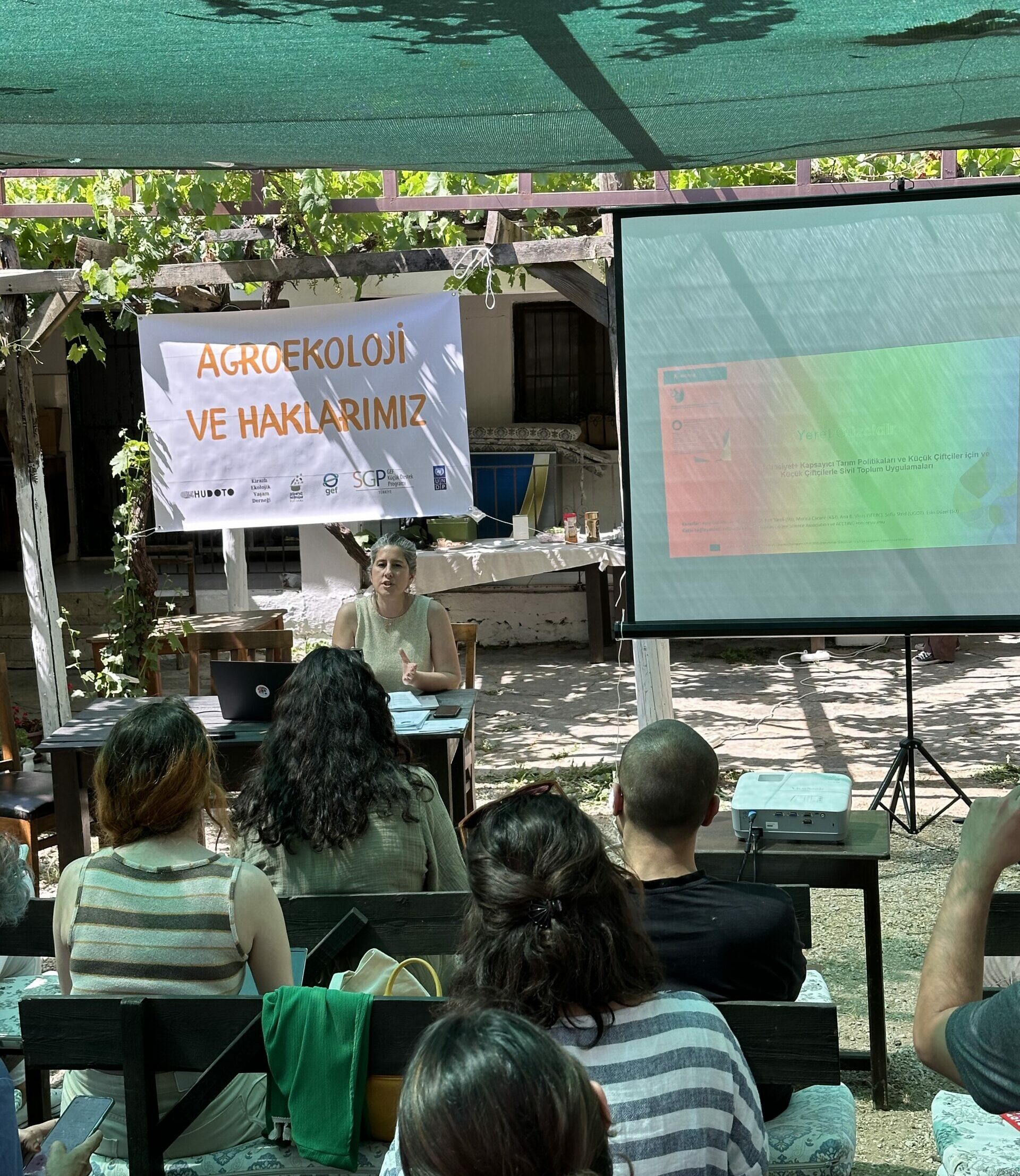
Last month ACCTING partner Burcu Borhan Türeli took part in the “Agroecology and Our Rights” meeting supported by UNDP GEF SGP. Held in Kirazlı Village, Turkey, the event gathered a wide variety of actors involved in agriculture, food security, environmental protection and more, to discuss agroecology as a comprehensive, rights-based approach to agricultural production.
How can we understand agroecology’s increasing popularity in food security matters and its relevance in tackling broader crises such as climate, nature, and health? On May 31 and July 1, I attended a two-day meeting, “Agroecology and Our Rights,” in Kirazlı village, an eco-village in Aegean Turkey, near Kuşadası and Ephesus. This meeting was held by The Law, Nature, and Society Foundation (HUDOTO) in collaboration with the Kirazlı Ecological Life Association and No Pesticides on My Plate Platform in the context of the UNDP Global Environment Facility and Small Grants Program. At the meeting, we presented our factsheet, Local is Beautiful. Even though agroecology was not a direct focus in our ACCTING research and policy framework, it was exciting and eye-opening to see how the climate justice agenda of ACCTING resonated and interlinked with the transformative actions of the agroecology movement. As the speakers in the aforementioned meeting and the following UN FAO definition highlight, the agroecology movement, more than a practice of ecological agriculture, places ecological, social, class, and gender justice at its center in transitioning towards sustainable agriculture and food systems that will create more robust and inclusive communities and societies.
Agroecology is a holistic and integrated approach that simultaneously applies ecological and social concepts and principles to the design and management of sustainable agriculture and food systems. It seeks to optimize the interactions between plants, animals, humans, and the environment while also addressing the need for socially equitable food systems within which people can exercise choice over what they eat and how and where it is produced. Agroecology is concurrently a science, a set of practices and a social movement and has evolved as a concept over recent decades to expand in scope from a focus on fields and farms to encompass the entirety of agriculture and food systems. It now represents a transdisciplinary field that includes the ecological, socio-cultural, technological, economic, and political dimensions of food systems, from production to consumption.
In this blog post, I would like to explore the agroecology movement´s critical insights into the current food regimes as expressed in Turkey.
The general criticism of agroecology focuses on the agricultural aspect of the practice: Today, as the world’s population continues to proliferate, food consumption is increasing steadily, and more agricultural land is necessary for industrial farming to ensure food security. Sustainable agricultural practices (organic, biodynamic, permaculture, or agroecology as an umbrella term) lead to lower crop yields and increased land use and thus put food security and the sustainability of the future population at risk. However, quite the reverse, small-scale farmers and peasants (including fishers, pastoralists, hunters and gatherers, and urban producers) provide food to “more than 70% of the world’s people” with “less (often much less) than 25% of the resources – including land, water, fossil fuels” (ETC, 2017).
Along the same lines, our ACCTING factsheet highlights a crucial point. It emphasizes the need to support environmentally sustainable and gender-inclusive agricultural policies and civil society practices for and with small-scale farmers to ensure food security. The factsheet offers concrete recommendations from a gender perspective on accessible certifications, knowledge sharing, training and education, and revised public procurements. It also underlines the gender gap in the EU food systems and presents inspiring stories of environmentally sustainable and gender-inclusive small farming practices and initiatives worldwide. These stories inspire and empower us to reimagine new routes toward ecological, social, and gender justice. The factsheet states, “The majority of the 10 million farms in the EU are small farms, only 30% of which are managed by women. There is an increasing amount of literature establishing a link between gender and sustainability, especially regarding sustainable farming practices: women farmers are more often involved in alternative and environmentally friendly approaches.”
Rather than being a small-scale and a particular practice, agroecology expands into wide-ranging topics, as the Kirazlı meeting revealed. The meeting brought together 50 researchers, policymakers, lawyers, activists, producers, small farmers, representatives from civil society organizations, academicians, and agroecology and rights movements. While one panel familiarized the participants with the organic agri-practices in different parts of Turkey, including the southeastern city of Diyarbakır and the western city of Aydın, another underlined the role women’s cooperatives could play and how the values of ecofeminism had the potential to advance the agroecology agenda to strive towards resilient, socially equitable and environmentally sustainable food systems. A panel that examined the legal dimension of access to food on the national and global scale also highlighted personal responsibility and freedom of choice to make informed decisions to choose healthy and sustainable food for a healthy life. The conceptual discussions were advanced with stories of real challenges and limitations all stakeholders (including small farmers, peasants, consumers, food cooperatives, and policymakers) face daily and better stories of agroecological practices in national, international, and global contexts. While the relevance of agroecology for food security through exploring such diverse topics was quite clear, the participants agreed that the policy sector was less informed about the potential of agroecology. Following talks on degrowth and slowness, the meeting came to a conclusion, under the shadows of the cherry trees, that the ecology struggles could advance policy advocacy through building alliances across different public and private sectors and expertise in the agroecology movement.
Please come and join the discussion by reading the following noteworthy moments and quotes from the panels and imagine yourself sitting under the beautiful blooming cherry trees on an ecological farm:
“Wheat was never a commodity for buying and selling. When a piece of bread falls to the ground, it is immediately picked up and kissed before being placed somewhere high. People used wheat either in exchange for labor or barter. In the past, the value and worth of wheat were known, but its price was not. Today, the price is well-known, but its value and worth are overlooked.”
“Organic agriculture, like industrial agriculture, treats food as a private commodity, not a social need or [as part of] commons. Bayer produces poison [synthetic agri-chemicals] and does organic agriculture simultaneously.” [In 2018, Bayer bought Monsanto, a producer of chemical agriculture and genetically modified seeds]
“Soil has become barren. It is so infertile that it cannot yield crops without feeding it externally. It is not only the soil that is barren. With many laws passed over the years in Turkey (e.g., the Soil Conservation and Land Use Law and the Seed Law), the farmers have also forgotten their indigenous knowledge and the purpose of their existence. They have completely lost their power, and just as the land, seeds, and food are instrumentalized at the expense of the profitability of large corporations, the peasant has become a mere producer who has to provide all the input externally, buying the seed, pesticides, fertilizers, irrigation hose and the rest externally, all in debt.”
On Agroecology:
“Agroecology is an agricultural method and an answer to global problems. It offers a potential solution to the climate, public health, and social crises. It is a social movement.”
“The transition to agroecology takes place in 3 stages. India, Cuba, and Brazil are among the few examples that have reached the last stage of reorganizing their systems based on ecological processes. Agroecology-based natural agriculture offers a solution to farmers experiencing excessive debt problems in India. The state of Karnata received the organic agriculture award, thanks to its ecological farming practices with zero budget, which started especially in Karnataka and spread to the southern states.”
“According to FAO estimates, there are at least 570 million farms worldwide, and more than 500 million of them are family farms that manage most of the world’s agricultural land and produce most of the world’s food.The real transformation will come if we can convert these family farms into agroecological farms.”
“We talk about the right to access healthy food for all, but to be able to choose this food, we need to know who produces that food, with what methods, where it comes from, whether any additives or chemicals are used, or any child laborer worked in its production. Since all rights are interconnected.”
On Linking Ecofeminism and Agroecology:
“The women cooperatives have an emancipatory aspect, but we cannot assume that the cooperative emancipates every woman. The workload of women who work at home and in the fields increases as they also work in the cooperative.”
“It is important to dismantle and transform the patriarchal power structures in the agroecology movement and to create a feminist space that cares for each other and pays attention to one’s well-being.”
“We need to replace wealth with health and cultural diversity, monoculture with diversity, separation with uniting and solidarity, hierarchical structures with networks.”
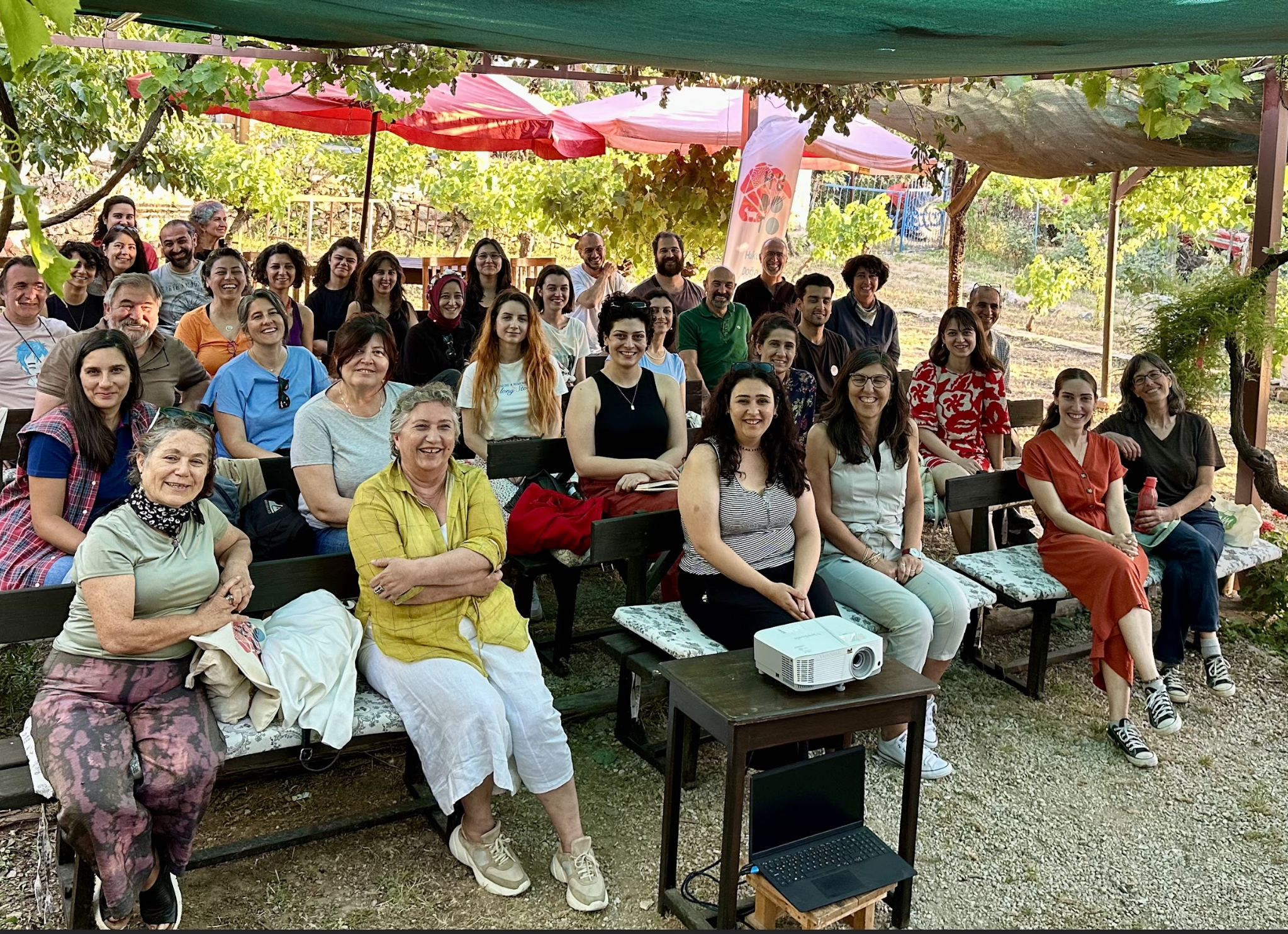
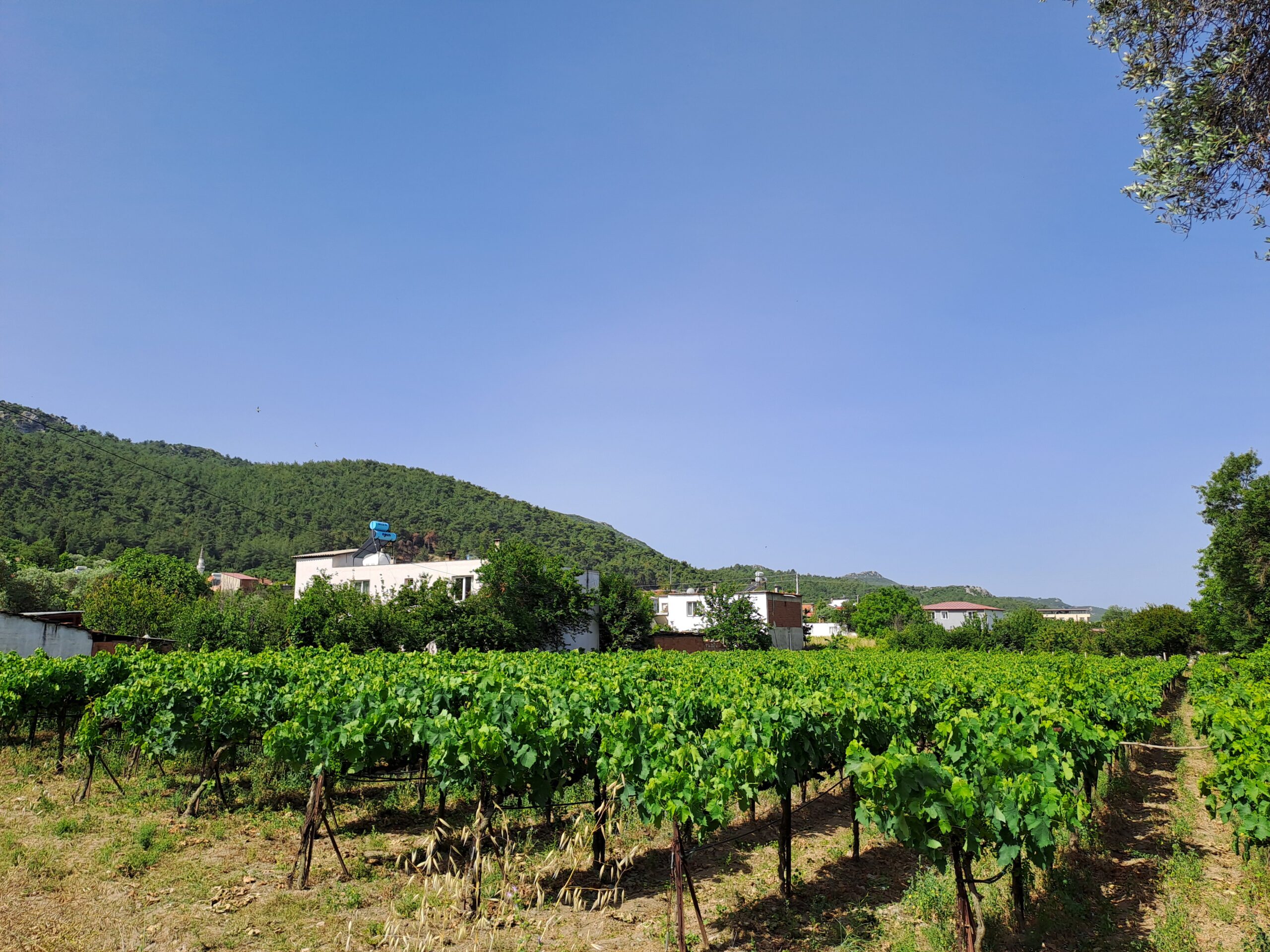
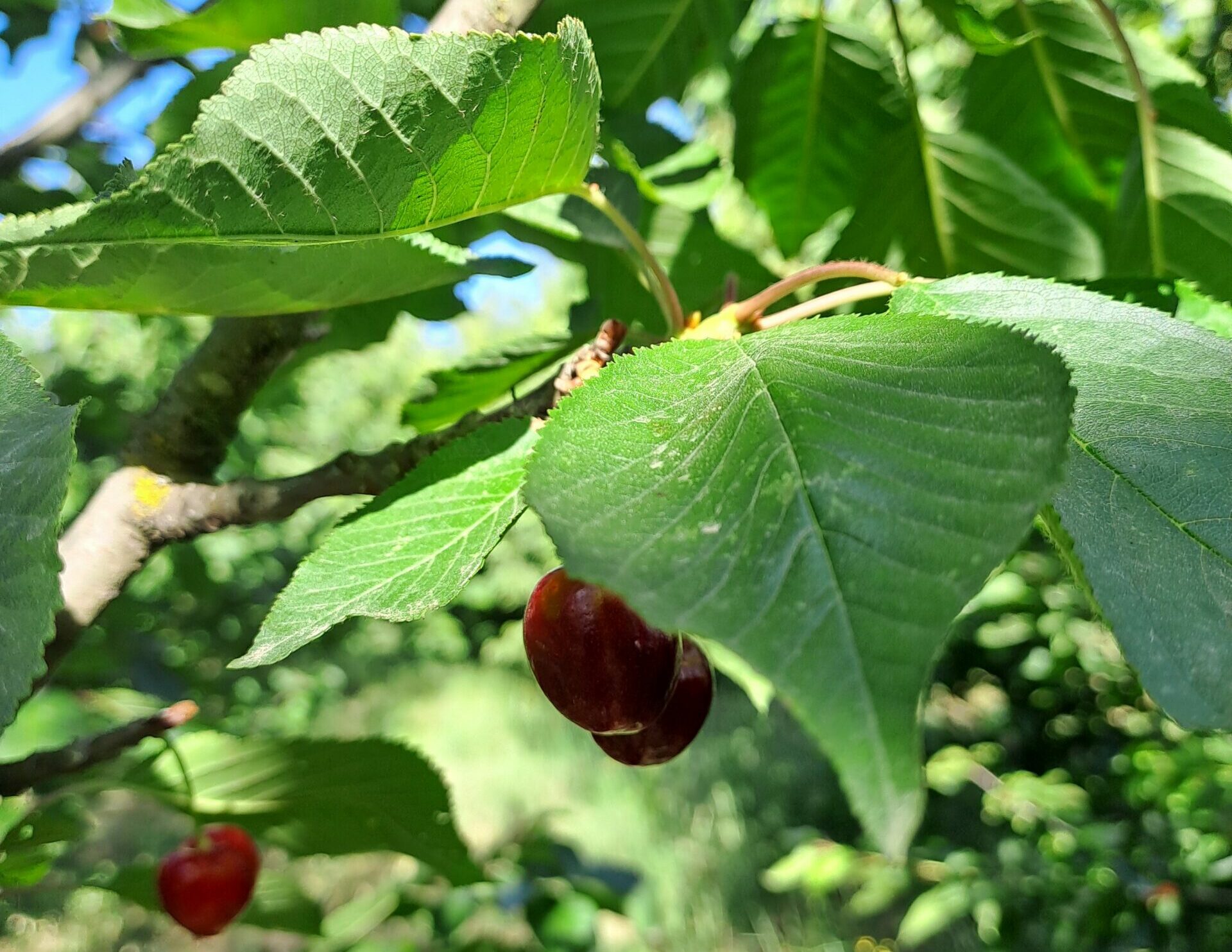
About the author
 Burcu Borhan Türeli is a researcher and project specialist for the EU Horizon 2020 ACCTING project and works at Sabancı University. She has worked at various national and international universities. Her research interests include children’s literature, education and pedagogy, rural gender transformation, agri-food relationships, food security and sustainable food systems. She lives in Çanakkale, Turkey.
Burcu Borhan Türeli is a researcher and project specialist for the EU Horizon 2020 ACCTING project and works at Sabancı University. She has worked at various national and international universities. Her research interests include children’s literature, education and pedagogy, rural gender transformation, agri-food relationships, food security and sustainable food systems. She lives in Çanakkale, Turkey.

